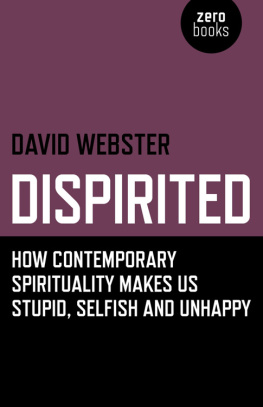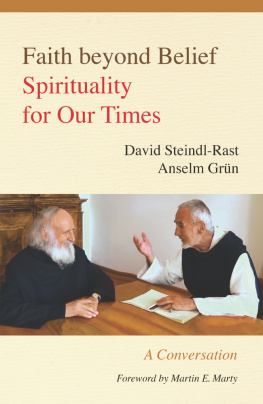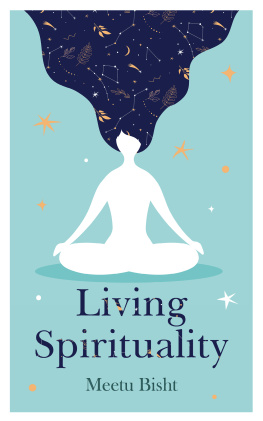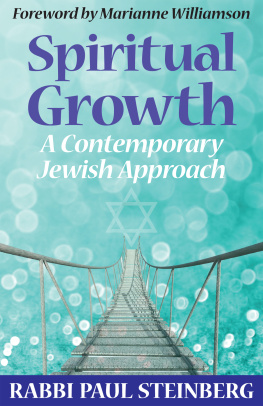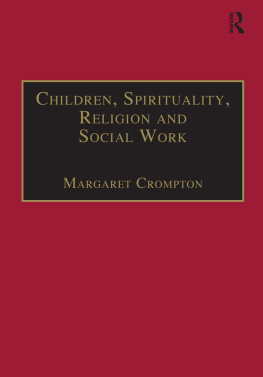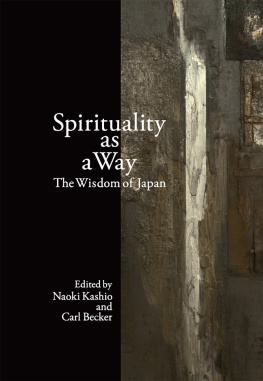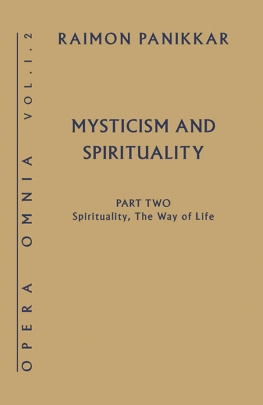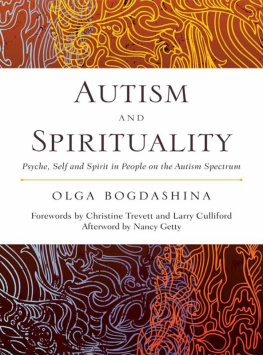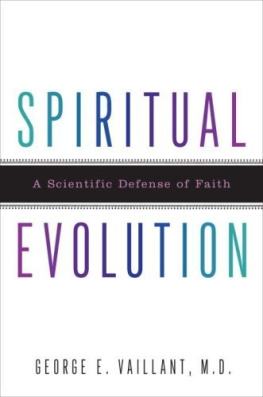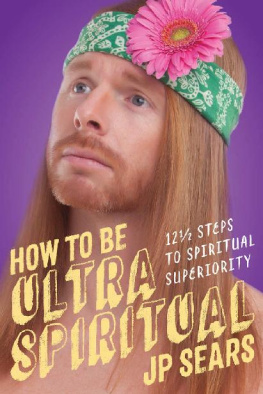Dispirited
How contemporary spirituality
is destroying our ability to think,
depoliticising society and making
us miserable
Dispirited
How contemporary spirituality
is destroying our ability to think,
depoliticising society and making
us miserable
David Webster
Winchester, UK
Washington, USA
First published by Zero Books, 2012
Zero Books is an imprint of John Hunt Publishing Ltd., Laurel House, Station Approach,
Alresford, Hants, SO24 9JH, UK
www.johnhuntpublishing.com
For distributor details and how to order please visit the Ordering section on our website.
Text copyright: David Webster 2011
ISBN: 978 1 84694 702 5
All rights reserved. Except for brief quotations in critical articles or reviews, no part of this book may be reproduced in any manner without prior written permission from the publishers.
The rights of David Webster as author have been asserted in accordance with the Copyright, Designs and Patents Act 1988.
A CIP catalogue record for this book is available from the British Library.
Design: Stuart Davies
Printed and bound by CPI Group (UK) Ltd, Croydon, CR0 4YY
We operate a distinctive and ethical publishing philosophy in all areas of our business, from our global network of authors to production and worldwide distribution.
Acknowledgements
This book was conceived during beer-garden conversations with Dai Jones and Jonathan Elcock, convivial psychologists from the University of Gloucestershire. Other colleagues also engaged with my concerns in similar locations. Dr Roy Jackson tolerated, with typical fortitude, my ramblings on these topics, most notably during our Spanish excursions. Dr William Large read and commented, at generous length, on drafts of this work. I would like to express my thanks to all of these good people, and also hope they can be considered largely to blame for any failings contained herein.
Thanks also to Mark Fisher for the title, and to my family Anna, Holly and Jack for tolerating my disappearance to cafes to write/eat cake during the summer when this book was completed.
Introduction
Spiritual, Not Religious The case of spirituality without religion
When someone tells me that they are not really religious, but that they are a very spiritual person, I want to punch their face. Hard. But I dont; partly because it is a poor way to recruit students, and also because it is probably wrong. And I am a coward who fears retaliatory pain. But it does annoy me hugely. It annoys me because confusion is distressing and when people tell me this, I really dont know what they mean. I do know what they mean in a socio-cultural sense. They are indicating to me that they dont want me to mistake them for one of those crazy religious people the sort who believe that they are right and other people are wrong, the type who is tainted by religious extremism and fundamentalism. They want me to recognise them, though, not as a shallow egotist with a mere mechanistic world-view, but as someone with depth and sensitivity. In this latter desire, spirituality seems to the label-du-jour.
But beyond its use as a socio-cultural identification, I am unsure what empirical content to ascribe to the spiritual, but not religious statement. Does it mean that the utterer has beliefs, but doesnt practice them in any way? Perhaps not. Maybe they mean that they are some type of syncretist who follows a path of their own faith-conflations but I cant be sure. Largely I am confused, as I understand religion as a spiritual activity, and crucially, see spirituality as fundamentally religious in nature. I would suggest that to be spiritual, you have to be religious. Before I can move on here to a critique of spirituality, it would appear a certain amount of clarification will be required.
What does this label mean?
Trying to thrash out a definition of what spiritual might mean turns out to be a thankless and largely fruitless undertaking. Jeremy Carrette and Richard King note: There are perhaps few words in the modern English language as vague and woolly as the notion of spirituality.
By itself, this is not a problem, love can be pretty hard to define, and that is not enough to have us rejecting that it can mean something, and maybe, on a good, day, something positive. It is perhaps worth trying to get some sense of it, as Carrette and King recommend, by its usage. Perhaps the two most pertinent and persistent deployments of the term are as an element within two recurrent phrases. The first, proudly sat in bookshops next to Paranormal Romance and Painful Lives is the category Mind, Body & Spirit; elsewhere we are often assaulted by the term Contemporary Spirituality. Both these uses give us an insight into the meaning that users of the term spiritual wish to imbue it with.
In Biblical manner, let the last be first and we can return later to the Mind, Body, Spirit-world at greater length. The term Contemporary Spirituality is intriguing, as it is broader than one might imagine. Indeed, to stay in a new-age mindset, it is rather holistic, encompassing both newer, less formalised and collectivised forms of religious practice, and attempts to breathe new life into existing, more traditional religious traditions. You will find a wealth of volumes, should your reading stray into catalogues from both popular and academic theological publishers, on contemporary Christian spirituality.. This is, in some ways, what the task of Theology has always been. When I arrived in the academic department I currently work in, I found myself working predominantly (to my slight surprise) with Theologians and experts in Church history and one of my initial concerns was to work out what the hell Theology actually was and the phrase that struck me as having the most explanatory efficacy that really seemed to capture what it was that they sought to achieve was faith seeking understanding. In this sense Theology is the attempt at finding out what it means if we accept certain foundational propositions. If we take on board specific fixed points what does that do to the world, and our relation to it?
While I am not a rampant advocate of Christian Theology, or similar traditions in other faiths, they do seem to have an edge here on the Mind, Body, Spirit (MBS) approach in which there is often the danger that there are too few fixed points from which to work. If all is open, provisional and truth is too syncretically constructed, the substantive challenges that plague Theologians seem to evaporate. While advocates of MBS spirituality might see this as an advantage, I will argue that this pick n mix, or buffet approach to your beliefs is exceptionally problematic. If beliefs are problematic, challenge preconceptions, appear to clash and contradict, then rather than the grindingly difficult work of theological exegesis, or hermeneutic analysis and painful reflection you can just swap out the offending belief. Were I a cynic, I would go as far as to suggest that the spiritual quest for the Mind, Body & Spirit movement largely constitutes an attempt to blend traditions to suit ones lifestyle aspirations, rather than following a faith which makes you uncomfortable and which is hard to believe, challenges your desires and goals for your life and asks more of you that you ask of it. By end of this book I hope to have persuaded you that this harsh-sounding characterisation is not only true, but that its consequences are wider, and potentially harmful, than we might initially suspect.
Medicine and Spirituality A definitional aside

